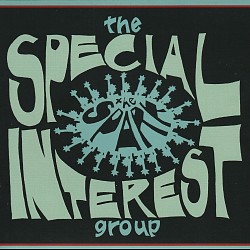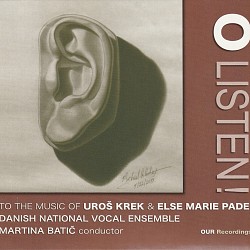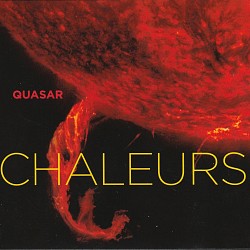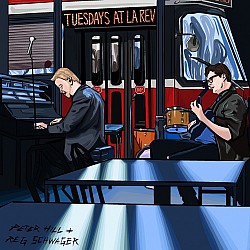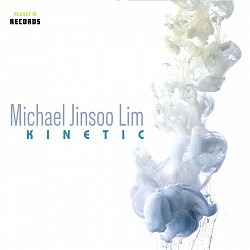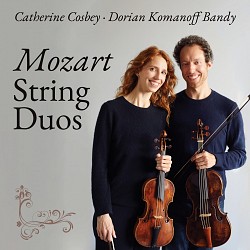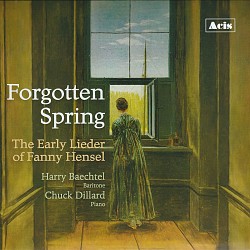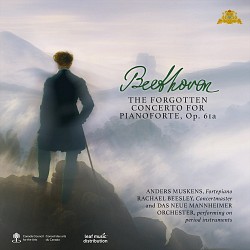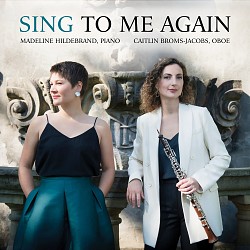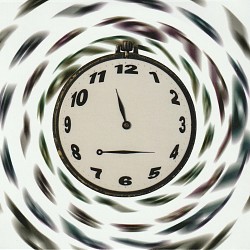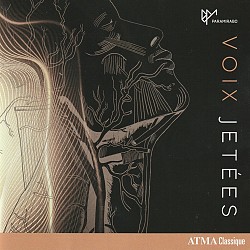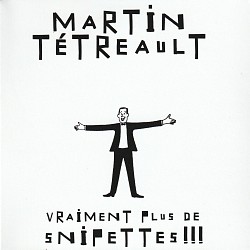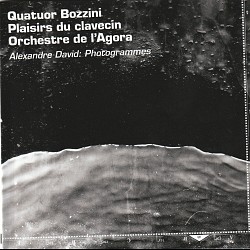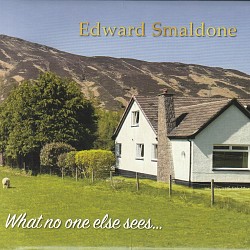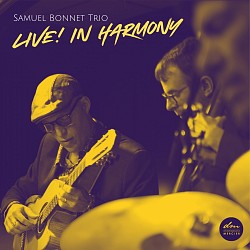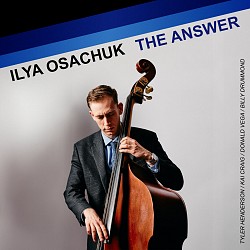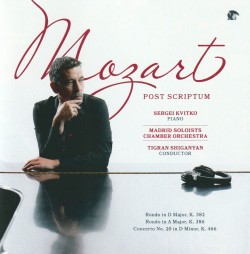 Mozart – Post Scriptum (Rondos K382/386; Concerto No.20)
Mozart – Post Scriptum (Rondos K382/386; Concerto No.20)
Sergei Kvitko; Madrid Soloists Chamber Orchestra; Tigran Shiganyan
Blue Griffin BGR597 (bluegriffin.com)
Listen
1. Rondo for Piano and Orchestra in D Major, K. 382
2. Rondo for Piano and Orchestra in A Major, K. 386
3. Concerto for Piano and Orchestra No. 20 in D Minor, K. 466 I. Allegro
Read the Review
Sergei Kvitko explained that he wanted this disc to be “full of surprises.” The Russian-born artist is not only an accomplished pianist, but also an arranger, producer and sound engineer who founded the Blue Griffin label in 2000 while completing his doctoral studies at the University of Michigan. Who better then to inject new life into this brief all-Mozart program where he partners with the Madrid Soloists conducted by Tigran Shiganyan? As for the surprises, they involve reconfigurations of the two Rondos, K382 and K386, with respect to orchestration, ornamentation and dynamic markings, with new cadenzas composed by Kvitko himself.
The two rondos – the first a set of variations – were written as possible alternate finales for piano concertos. Kvitko and the 29-member ensemble deliver a polished performance displaying solid musicianship, with alternative orchestral ornaments and cadenzas at times foreshadowing Beethoven.
Starkly contrasting in mood is the Concerto in D Minor K466 from 1785. Again, the pairing of Kvitko and the Madrid Soloists is a formidable one. But as for the cadenzas, this writer has never heard such musical excursions in a Mozart concerto before. Not only are they lengthier than the average, but stylistically, Kvitko jumps ahead some decades to the Romantic period. Here are modulations to remote keys (including E-flat Major and F Minor) and dazzling bravura passage work. Do I hear echoes of Franz Liszt and is that a quotation from Saint-Saëns? Indeed, the listener may have cause to wonder if soloist and ensemble will ever reunite!
Nevertheless, this is an exemplary performance and whether the enhancements should be viewed as creativity on the part of the soloist or mere musical indulgences, it should be up to the listener to decide. Surely Mozart would have approved – this disc is definitely worth investigating.
- Prokofiev: Sonates pour flute et piano - Ariane Brisson; Philip Chiu 25-05-25
- Échos - Charles Richard-Hamelin 25-05-25
- More Bach, Please! - Concerto Italiano; Rinaldo Alessandrini 25-02-12
- Kaleidoscope: Contemporary Piano Music by Female Composers from Around the World - Isabel Dobarro 25-02-12
- Where Waters Meet - Canadian Chamber Choir; Sherryl Sewepagaham 24-12-21

